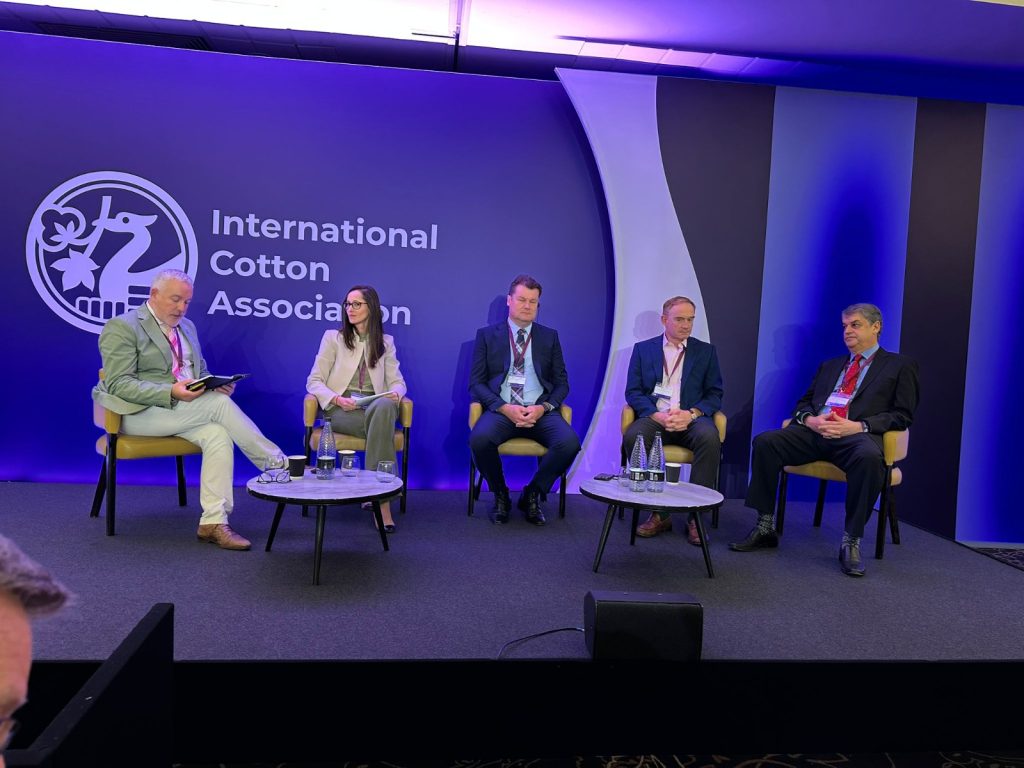ICA trade event: leadership in exports makes Brazil a key player in the global textile market
Calendar and Events |
Having established itself as the world’s largest cotton exporter, Brazil played a prominent role in the annual ICA trade event (International Cotton Association), which took place from October 14th to 17th in Liverpool (UK). The South American country sat at the table with industry leaders to participate more actively in the mission of ensuring cotton has a greater presence in the textile market of today and tomorrow.
The Brazilian delegation, coordinated by the Brazilian Cotton Growers Association (Abrapa), participated in debates, held events, and initiated a new position about the textile industry and global brands.
“Becoming the largest exporter is not enough by itself so we need to participate in decision-making. We are taking a more active stance so that we can work together on strategic points, such as the case of the European legislation,” explained Alexandre Schenkel, president of Abrapa.
Cotton Brazil Luncheon
This year, Brazilian participation included three events in conjunction with the ICA program. On October 15th, the Cotton Brazil Luncheon brought together business people and investors from the textile sector to present new data and forecasts for the Brazilian harvest and exports.
On the 17th, Brazil was on a regional panel of the event’s official program, which focused on the new role of Brazilian cotton farming to strengthen cotton in the global textile market. Furthermore, throughout the ICA Trade Event, the delegation held a series of business meetings with global traders.
“In all the events we were highly acclaimed. There is great interest in how Brazil can contribute to increasing cotton’s share of the textile market because this is a limiting factor for the world’s ability to increase supply,” added Mr. Schenkel.
This is because the country is already recognized as a stable and reliable supplier of a product whose quality has increased significantly and rapidly. “The international perception is that Brazil’s leadership in exports is due to the overall growth in Brazilian cotton, in terms of quality, socio-environmental certification, production volume and access to markets”, analyzed Marcelo Duarte, director of International Relations at Abrapa.

But Brazil knows that there are still areas for improvement. While improvements made in terms of length, strength, micronaire and type are all acknowledged, there is still a need to improve aspects such as the short fiber index, the occasional presence of stickiness and contamination.
In terms of the production chain, logistics is the main area identified as requiring special attention. “There is a perception that we need to improve port operations and expand routes beyond the port of Santos. Therefore, we have invested in the ABR-LOG program, a good practices protocol for retroport terminals”, highlighted Alexandre Schenkel.
Ica Trade Event and Trends
The ICA Trade Event looks at trends in the textile market, and the environmental issue remains relevant. In Europe, a new law aims to label clothing items with information about the environmental impact generated during their manufacture. But the current calculation method favours polyester, a synthetic fabric made from oil derivatives, to the detriment of natural fibres, such as cotton.
The use of artificial intelligence has increased in the textile industry which employs the technology in several areas from planning and negotiation to manufacturing and demand forecasting.
On the other hand, conflicts around the world are a critical factor in trying to increase demand. This is the case with the wars between Russia and Ukraine and in the Middle East, as well as trade disputes between the United States and China. The US elections are also on the agenda, as candidates Kamala Harris and Donald Trump offer different approaches to foreign trade.
“As our market share increases, so does our responsibility. Working together with other nations and organizations, the sector can advance further on a global scale,” said Abrapa’s president.
Brazil’s participation in the ICA Trade Event is one of the activities run by Cotton Brazil, a program to promote Brazilian cotton on a global scale. Conceived and coordinated by Abrapa, this program is run in partnership with the Brazilian Trade and Investment Promotion Agency (Apex Brasil) and the National Association of Cotton Exporters (Anea).
